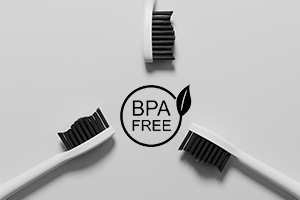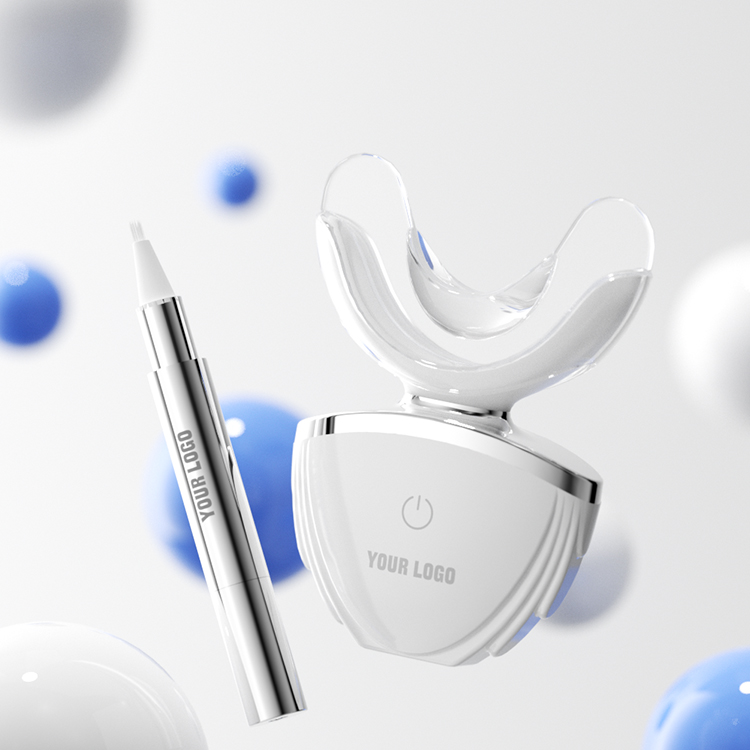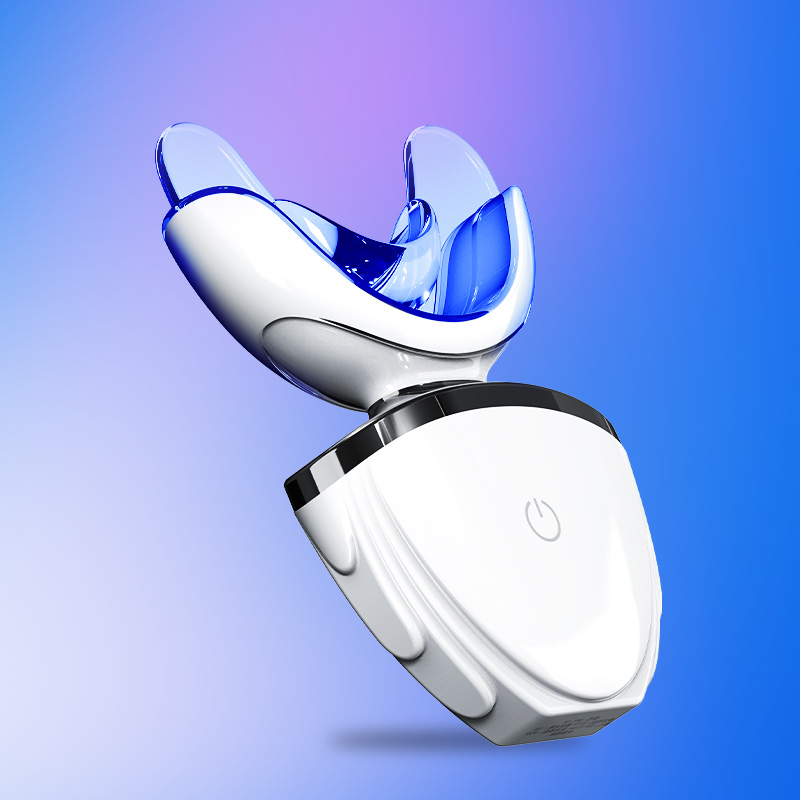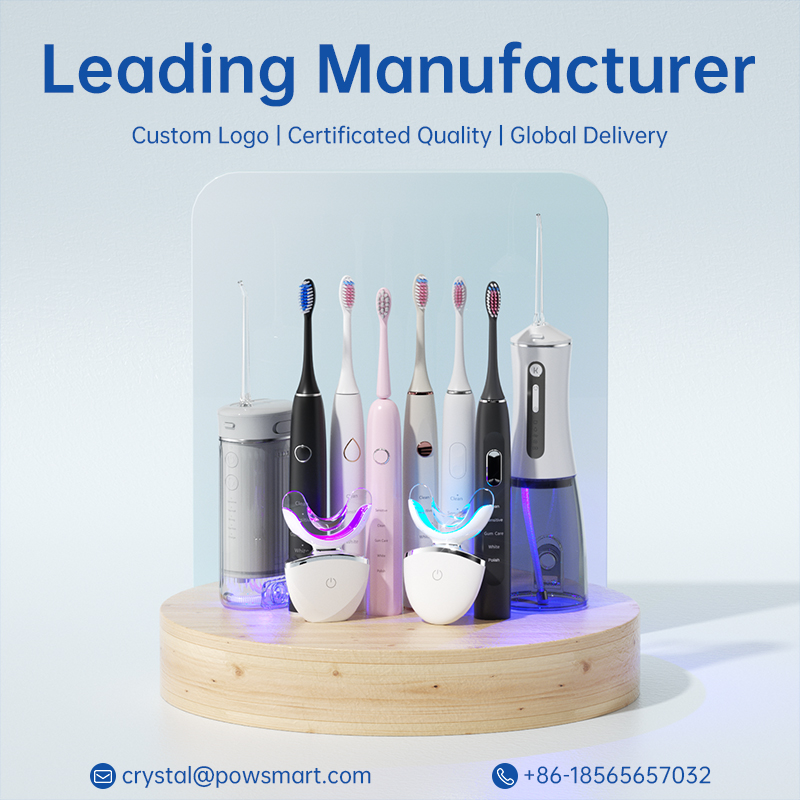For oral care brands, the reliability of their manufacturing partners directly impacts customer satisfaction, product reputation, and long-term business success. When it comes to complex devices like water flossers, ensuring dependable performance is only part of the equation. Equally critical is the factory’s after-sales service—particularly their ability to resolve product issues quickly and professionally. This blog outlines common faults of water flossers, the importance of water flosser quality control, and how brands can verify a factory’s ability to deliver effective after-sales service and malfunction repair solutions.
Understanding the typical problems end-users face is the first step toward proactive product and service strategies. Common faults include:
Power or Charging Failures: Devices not turning on or holding a charge.
Water Leakage: Water leaking from the tank, nozzle base, or internal tubing.
Weak Water Pressure: Reduced performance due to pump degradation or blockages.
Nozzle Connection Issues: Loose or improperly fitting nozzles causing leakage or failure to operate.
Motor Noise or Failure: Excessive sound or complete malfunction of the pump motor.
These are the most reported common faults of water flossers, and resolving them efficiently requires both sound manufacturing processes and dependable service frameworks.
Before after-sales service even comes into play, water flosser quality control should act as the first line of defense. Reliable factories will implement:
Multi-stage inspection protocols (incoming materials, assembly line, final product testing).
High-pressure testing to check tank and tube integrity.
Battery and motor lifespan simulation to identify potential weak points.
Environmental stress testing (heat, humidity, drops) to ensure long-term reliability.
These practices not only reduce product returns but also reflect the factory’s technical competence and attention to detail—key indicators when choosing a supplier.
No matter how stringent the QC process is, post-sale issues can still occur. Therefore, verifying the water flosser factory after-sales service capabilities is crucial. Key things to look for include:
Clear Return & Repair Policies: Well-defined RMA (Return Merchandise Authorization) process.
Spare Parts Availability: Long-term supply of components like batteries, pumps, and nozzles.
Technical Support Team: Dedicated engineers or service staff to troubleshoot and guide replacements or repairs.
Service Turnaround Time: Rapid response and resolution timelines to maintain brand reputation.
A factory that offers structured and responsive after-sales service can be a long-term partner—not just a production resource.
To ensure a factory is prepared to handle water flosser malfunction repair and service, brand owners should ask:
What is your warranty coverage and how is it managed?
Can you provide repair kits or training for our service centers?
Do you track recurring product faults and implement engineering changes?
How do you handle defective batch claims or mass failures?
These questions help evaluate whether a factory is reactive or proactive in their after-sales strategy.
Reliable water flosser factory after-sales service doesn’t stop at fixing individual units—it extends to product improvement. Leading manufacturers collect data from service calls and failure reports to:
Adjust component sourcing for reliability
Redesign parts prone to damage (e.g., seals, ports, power buttons)
Upgrade circuit boards and battery systems in future batches
This closed-loop feedback system is essential for continuous innovation and maintaining high-quality standards.
Choosing the right water flosser manufacturer is not only about price or production capacity. For brand owners aiming to build lasting consumer trust, strong after-sales support and robust quality control are non-negotiable. By proactively identifying solutions to common faults, understanding product malfunction repair practices, and vetting the factory’s after-sales service infrastructure, brands can ensure a smooth experience from production to post-sale. A factory that offers both high product standards and reliable service is your most valuable partner in the competitive oral care market.https://www.powsmart.com/about-powsmart/

Do U-Shaped Toothbrushes Work?

Can an Orthodontic Jet Tip Benefit from a Smart Multi-pressure Setting Chip?

Why Offer a Portable Teeth Whitening Kit with a Whitening Kit Customization Service for B2B Clients?

Water Flosser OEM vs ODM: How to Choose the Best Business Mode?
.jpg)
How Does a GMP Certified Toothbrush Factory Leverage Toothbrush Packaging Customization for Brand Appeal?
.jpg)
Employee Appreciation Smart Toothbrush | Corporate Wellness Gifts
.jpg)
How Do You Assess Toothbrush Supplier Reliability?

Effective Water Flosser Disinfection Methods & Smart OEM Design Solutions

Explaining the Teeth Whitening Device and How to Use It

Is a One-button toothbrush truly a Pune simple toothbrush for seniors?
.jpg)
Gentle Oral Care Products for Sensitive Gums: A Guide for Brands Seeking the Right Manufacturer

What is the Most Sanitary Way to Keep a Toothbrush? OEM Solutions for Modern Oral Care
.jpg)
Why Consumers Prefer electric vs manual toothbrush – And How Brands Can Benefit
.jpg)
logo printed electric toothbrush wholesale | Private Label Sonic Toothbrush Supplier
.jpg)
Professional Whitening Lamp Manufacturer – Clinic-Grade Dental Whitening Systems
.jpg)
Smart Tech Diwali Gifts Electric Toothbrush | Powsmart